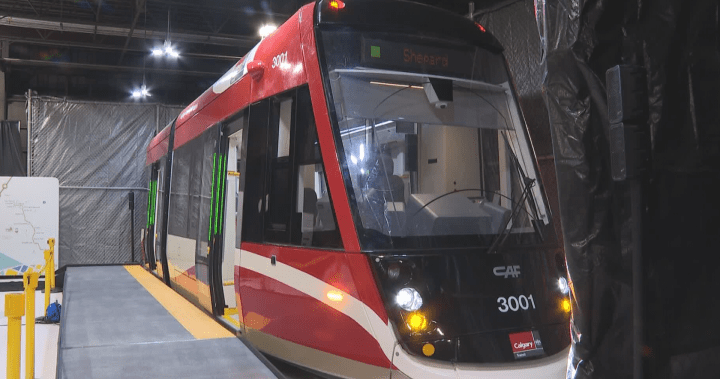Calgary’s Green Line LRT Dispute: A Billion-Dollar Discrepancy
The City of Calgary and the Province of Alberta are locked in a contentious debate over the proposed alignment and cost of the Green Line LRT project. Calgary officials assert that the province’s preferred alignment, presented by a third-party consultant, AECOM, will escalate the project’s cost by a staggering $1 billion compared to the city’s original plan. This discrepancy arises from what the city identifies as "known costs and risks" omitted from AECOM’s analysis, pushing the estimated price tag of the province’s preferred route from $6.2 billion to $7.5 billion. Adding further fuel to the fire is the province’s insistence on keeping the AECOM report confidential, hindering the city’s ability to thoroughly scrutinize the proposed alignment and cost projections. This lack of transparency has exacerbated tensions and fueled concerns about potential cost overruns and legal liabilities.
The core of the dispute lies in the chosen route through the city’s downtown core. The province favors an elevated track, while the city’s original plan called for a tunnel. While both alignments initially targeted a similar budget of $6.2 billion, the city’s version extended only as far south as Lynwood/Millican, with five fewer stops than the province’s proposed extension to Shepard. The $1.3 billion discrepancy stems from factors the city argues were not adequately accounted for in the provincial assessment, including potential legal challenges related to property value impacts from the elevated track and the overall risk management strategy. The city maintains that the province’s plan exposes Calgary to greater financial and legal liabilities without sufficient justification.
Adding to the complexity, the city council grappled with concerns about potential legal repercussions from the elevated track’s impact on downtown property values. Under the Municipal Government Act, the city could be held liable for compensating property owners for any permanent reduction in value caused by public works projects. This potential legal exposure, coupled with the unresolved financial discrepancies, has prompted the city council to demand greater risk-sharing and cost overrun liability commitments from the province before proceeding with negotiations.
The City Council, after a closed-door session reviewing the confidential AECOM report, voted to continue discussions with the province but with stringent conditions. The province must commit to sharing the project’s delivery risks and potential cost overruns, acknowledging the significantly increased financial uncertainty introduced by their proposed changes. Council members expressed concerns about the fiscal responsibility of assuming the same level of risk without greater clarity and assurances from the province. The sentiment echoed the importance of not rushing into a project with such potentially significant financial consequences for the city.
Within the council, diverging viewpoints emerged regarding the negotiation strategy with the province. Some councillors advocated for a firm stance, emphasizing the need to protect the city’s interests and not succumb to pressure from the provincial funding partner. Others cautioned against a confrontational approach, highlighting the risk of jeopardizing the project after years of planning and substantial investment. This internal debate underscores the delicate balancing act the city must perform between advocating for its financial well-being and ensuring the project’s successful completion.
As the situation unfolds, Calgary is seeking further dialogue with the province to address the identified cost disparities and legal concerns. Mayor Gondek has called for the public release of the AECOM report to ensure transparency and facilitate a more informed public discussion. The province, while acknowledging the city’s questions, has yet to respond specifically to the cost discrepancy claims. Their stated focus remains on delivering a cost-effective solution that benefits Calgarians and adheres to the original project timeline. However, without addressing the significant financial and legal concerns raised by the city, a mutually agreeable path forward remains elusive. The future of the Green Line LRT project hangs in the balance, dependent on the resolution of these crucial financial and risk-sharing disagreements.

